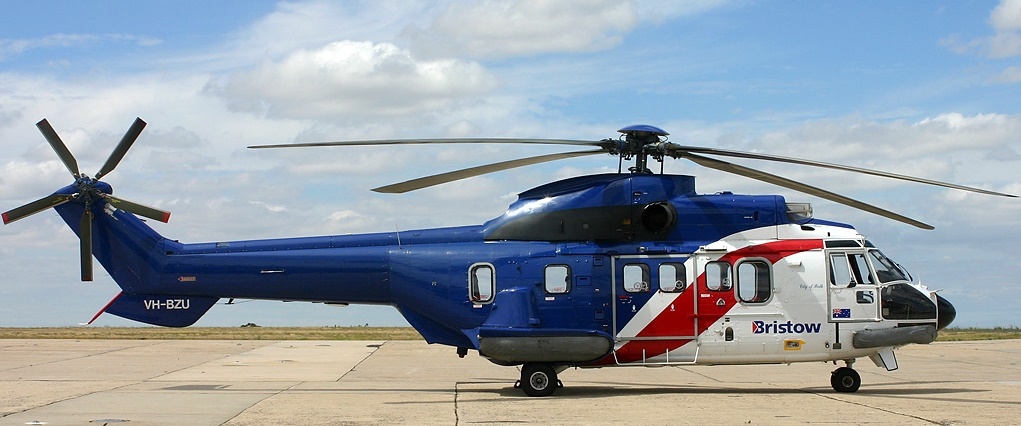Commercial Airline Passenger Report May 2016
BTS Statistics Release: Commercial Airline Passenger Report May 2016
U.S. scheduled passenger airlines employed 3.7 percent more workers in May 2016 than in May 2015, the U.S. Department of Transportation’s Bureau of Transportation Statistics (BTS) reported today. May was the highest monthly total (410,338) since July 2008 and was the 31st consecutive month that U.S. scheduled passenger airline full-time equivalent (FTE) employment exceeded the same month of the previous year (Tables 1, 2, 3).
Month-to-month, the number of FTEs rose 0.6 percent from April to May (Table 1A). Scheduled passenger airline categories include network, low-cost, regional and other airlines. Historical employment data can be found on the BTS web site.
The four network airlines that collectively employ two-thirds of the scheduled passenger airline FTEs reported 2.3 percent more FTEs in May 2016 than in May 2015 (Tables 7, 8, 9). Alaska Airlines, United Airlines and Delta Air Lines increased FTEs from May 2015. The fourth network airline, American Airlines, which has merged with US Airways, reported 2.2 percent more FTEs in May 2016 than American and US Airways reported separately in May 2015 (Table 9). July 2015 was the first month for which the two merged airlines submitted a combined report. Month-to-month, the number of network airline FTEs rose 0.5 percent from April to May (Table 1A).
The network airlines employed 3.5 percent more FTEs in May 2016 than in May 2012 (Tables 8, 9). Network airlines operate a significant portion of their flights using at least one hub where connections are made for flights to down-line destinations or spoke cities.
The six low-cost carriers reported 10.7 percent more FTEs in May 2016 than in May 2015 (Tables 10, 11, 12). Allegiant Airlines, Spirit Airlines, Frontier Airlines, Virgin America, Southwest Airlines and JetBlue Airways increased FTEs from May 2015 (Table 12). Month-to-month, the number of low-cost airline FTEs rose 1.1 percent from April to May, rising for the 14th consecutive month (Table 1A). The six low-cost airlines employed 17.2 percent more FTEs in May 2016 than in May 2012 (Tables 11, 12). Low-cost airlines operate under a low-cost business model, with infrastructure and aircraft operating costs below the overall industry average.
The 12 regional carriers reported 0.2 percent more FTEs in May 2016 than in May 2015 (Tables 13, 14, 15). Eight regional airlines –PSA Airlines, GoJet Airlines, Compass Airlines, Mesa Airlines, Endeavor Air, SkyWest Airlines, Republic Airlines and Horizon Air – increased FTEs from May 2015. The others reported decreases (Table 15). Month-to-month, the number of regional airline FTEs rose 0.4 percent from April to May (Table 1A). The 12 regional carriers reporting in May 2016 employed 2.6 percent fewer FTEs in May 2016 than the 15 carriers reporting in May 2012 (Tables 14, 15). Regional carriers typically provide service from small cities, using primarily regional jets to support the network carriers’ hub and spoke systems.














